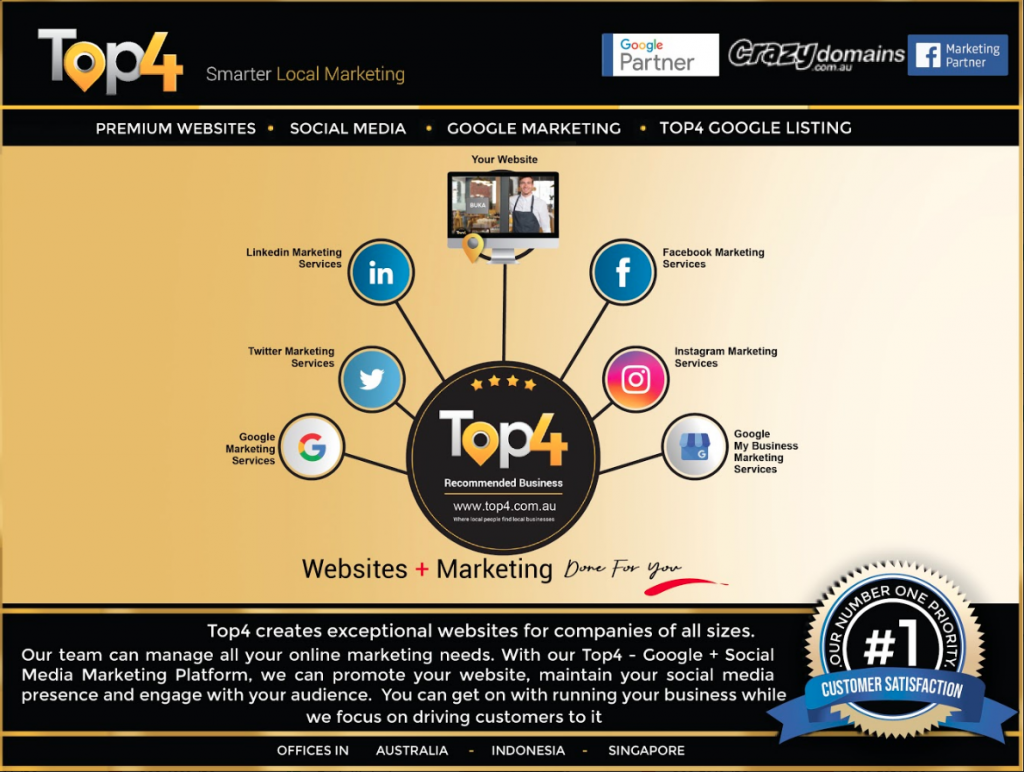
There are very few upsides for anyone right now. A record number of companies, big and small, find themselves just weeks from insolvency. Employees are being let go in record numbers. And the media is collapsing as advertising dries up and a long, difficult and painful recession lumbers into view.
It’s a struggle to find even the faintest flash of a silver lining with so many grey clouds above us. But there is one. And perhaps only one.
We are about to find out who the great chief marketing officers are. And, with the other side of the tape measure, we will identify all those imposters who aren’t worth their big salaries.
The COVID-19 events that now engulf us are entirely unprecedented. But what follows next will be nothing new. After our global lockdown ends, we will head directly into a recession. Economists are divided about whether it will be a long one or a short one. But it’s as inevitable as it is familiar.
And that is good news, because recessions, unlike COVID-19, are nothing new. We’ve lived through them before. And we know a lot about how to manage brands and businesses when they arrive.
As long as there have been marketers, we have been studying advertising’s impact on sales during and after a recession.
In 1920, in 1974, in 1980, in 1991 and, of course, in 2007-08, analysts looked at which companies spent what on advertising and what happened as a result. And the pattern has been remarkably similar, time after time.
As the recession looms, there are two kinds of marketer. The first sees the decline in sales demand as a signal to cut advertising budgets and save money. They slash their marketing and advertising spend, batten down the hatches and wait months for the green shoots of recovery to appear.
And then we have the other type of marketer. Unlike most of their peers, they have a formal education in marketing and know the case studies of old. Thanks to their training, they also know that advertising works on an immediate level to drive short-term sales, as well as on a much longer-term, multi-year basis to build brand and deliver enduring success.
Rather than cut the budget, this marketer heads straight upstairs to talk to their CFO or CEO and make the case for maintaining the advertising budget. And if they are really good, they even propose an increase in the advertising spend.
Yes, you read that right. They increase their advertising budget in the face of a recession.
The reason they are right to push for more money and more advertising is partly because branding is a long-term game. Waiting until the recession ends to kickstart an increase in advertising is like firing the starter’s gun 10 seconds after the sprinters have left the blocks. But the main reason they are smart to spend more in a recession is because their rival marketers are cutting budgets.
Market share is a function of many things. But one of the biggest drivers of sales is a brand’s share of voice. The more a brand spends on advertising versus its rivals, the more it will grow. Analysts call this proven relationship “ESOV”, excess share of voice. If a brand has a 20 per cent share of the market but a 30 per cent share of the voice, it has an excess, an ESOV, of +10.
In almost every recorded instance, a brand with a positive ESOV will gradually grow its share of the market to a level that will eventually match its share of voice.
In a recession, brands go bankrupt and disappear. Other brands, run by poorly trained marketers or those without the support of their executive board will cut their advertising spend. Those marketers that maintain their spend or even increase it will survive the tough times a little better and then grab huge increases in market share when the recession ends.
This is not some spurious argument to help save our media companies. It’s one of the few hard facts of marketing and advertising.
For a century, we have watched thousands of companies go into a recession and have recorded their advertising investment. Those that maintained or increased their budgets during the recession grew their subsequent market share tremendously at the expense of those that cut back.
There are famous historical examples of companies that discovered the inherent opportunity of recessions and acted accordingly. Consumer goods giant Procter & Gamble is notorious for upping advertising investment levels when recessions hit. It increased its ad spend by 7 per cent during the difficult post-GFC period, following flat investment levels in the more positive growth years that preceded 2007.
It’s a smart play but it depends on three important factors. First, and most obviously, you need the money available to maintain your advertising budget. Next, you need a board of directors who understand that marketing and advertising are an investment and not something you cut when the going gets tough. Australia is notorious for boards of old white sales guys who see marketing as little more than costly window-dressing. No guesses what these old duffers will all be doing in the weeks ahead.
Finally, you need a marketer who knows about marketing things. That might sound a given, but there are plenty of senior marketers out there without the faintest clue about any of this, who simply spend the budget they are presented with by the company they work for.
But smarter, “proper” marketers do exist. I talked to two top CMOs last week about the coming recession. One was steadfast that she would not be cutting the advertising budget by a single dollar. The other had already been to see his board and received a multimillion-dollar increase.
They are the rare ones. The ones who will reap the benefits when this horrible period of isolation and recession ends.
They are the silver lining I was looking for.
Recap
It is important for you to hire a marketer who knows about marketing. That might sound obvious, but there are plenty of senior marketers out there without the faintest clue about any of this. They simply spend the budget they are presented with by the company they work for.
Looking to build customer loyalty through social media? Don’t forget to add your business to Top4.com.au
List your business, create your own digital store to sell goods and services, and share posts on social media. Promote your business on Google instantly! Should you need help with local digital marketing then view our new Google Marketing Platform and services Top4 Marketing
Get Found On Google Promote Your Website, Reach local customers today!
Our Digital Marketing Agency Services Across All Industries Include Search Engine Optimisation (SEO), Google Marketing, Website Design, Corporate Web Development, and local location-based marketing using our own Google Marketing Platform!
Engage A Social Media Agency For Only 1/3 The Cost Of Employing A Social Media Manager…LET’S TALK!
source: www.theaustralian.com.au





